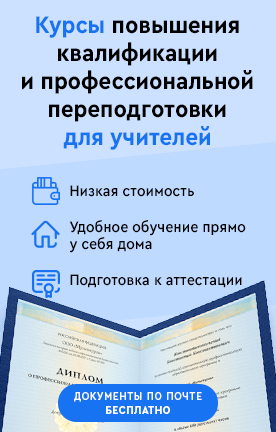Тема урока - история образования. Урок разработан на основе текста "History of Education" из учебника "Английский язык для инженеров" (авторы: Т.Ю.Полякова и др.). Целью занятия является совершенствование навыков чтения, говорения. Предтекстовые упражнения направлены на освоение новой лексики и развитие умений поискового чтения, что облегчает работу с текстом.
Создайте Ваш сайт учителя Курсы ПК и ППК Видеоуроки Олимпиады Вебинары для учителей
HISTORY OF EDUCATION
Вы уже знаете о суперспособностях современного учителя?
Тратить минимум сил на подготовку и проведение уроков.
Быстро и объективно проверять знания учащихся.
Сделать изучение нового материала максимально понятным.
Избавить себя от подбора заданий и их проверки после уроков.
Наладить дисциплину на своих уроках.
Получить возможность работать творчески.
Просмотр содержимого документа
«HISTORY OF EDUCATION »
Полезное для учителя
Распродажа видеоуроков!
1390 руб.
2310 руб.
1340 руб.
2240 руб.
1340 руб.
2240 руб.
1540 руб.
2570 руб.
Курсы ПК и ППК для учителей!
800 руб.
4000 руб.
800 руб.
4000 руб.
800 руб.
4000 руб.
800 руб.
4000 руб.
ПОЛУЧИТЕ СВИДЕТЕЛЬСТВО МГНОВЕННО
* Свидетельство о публикации выдается БЕСПЛАТНО, СРАЗУ же после добавления Вами Вашей работы на сайт
Удобный поиск материалов для учителей
Проверка свидетельства




















